To Seoul in May for WMEMC
I’m pleased to have been invited by the Scientific Committee of the World Media Economics and Management Conference to present my latest paper at WMEMC’s next biennial meeting this May in Seoul, South Korea.

Why Individuated Media are already superseding Mass Media
Posting about Individuated Media.
I’m pleased to have been invited by the Scientific Committee of the World Media Economics and Management Conference to present my latest paper at WMEMC’s next biennial meeting this May in Seoul, South Korea.

Reality is that the world’s newspaper industry, indeed all of the Industrial Era’s legacy industries that are colloquially referred to as the Mass Media, have ultimately failed to adapt to the New Media environment, despite more than 25 years of endeavors, to generate the revenues that the industries hoped to generate online. Throughout those many …
As yet another magazine ceases publication in print, let’s discuss the general reason why the Mass Media is imploding and being superseded by Individuated Media.
As the Informational Era era and its Individuated Media supersedes the Industrial Era, the latter’s centuries-old forms of media industries (colloquially known as ‘Mass Media’) continue to implode. The remnants of the what used to be known as the Newspaper Association of America absorbs the U.S. Magazine Publishers Association.

“The definition of the thing establishes its essence.” – ‘Metaphysics’, Aristotle (384-322 BCE) Know what are talking about. Otherwise, you might become a producer of hype rather than success. Words have real meanings. The traditional media industries are so woefully misusing terminology about online media that perverse hype, a signpost to ruin, is misguiding far …
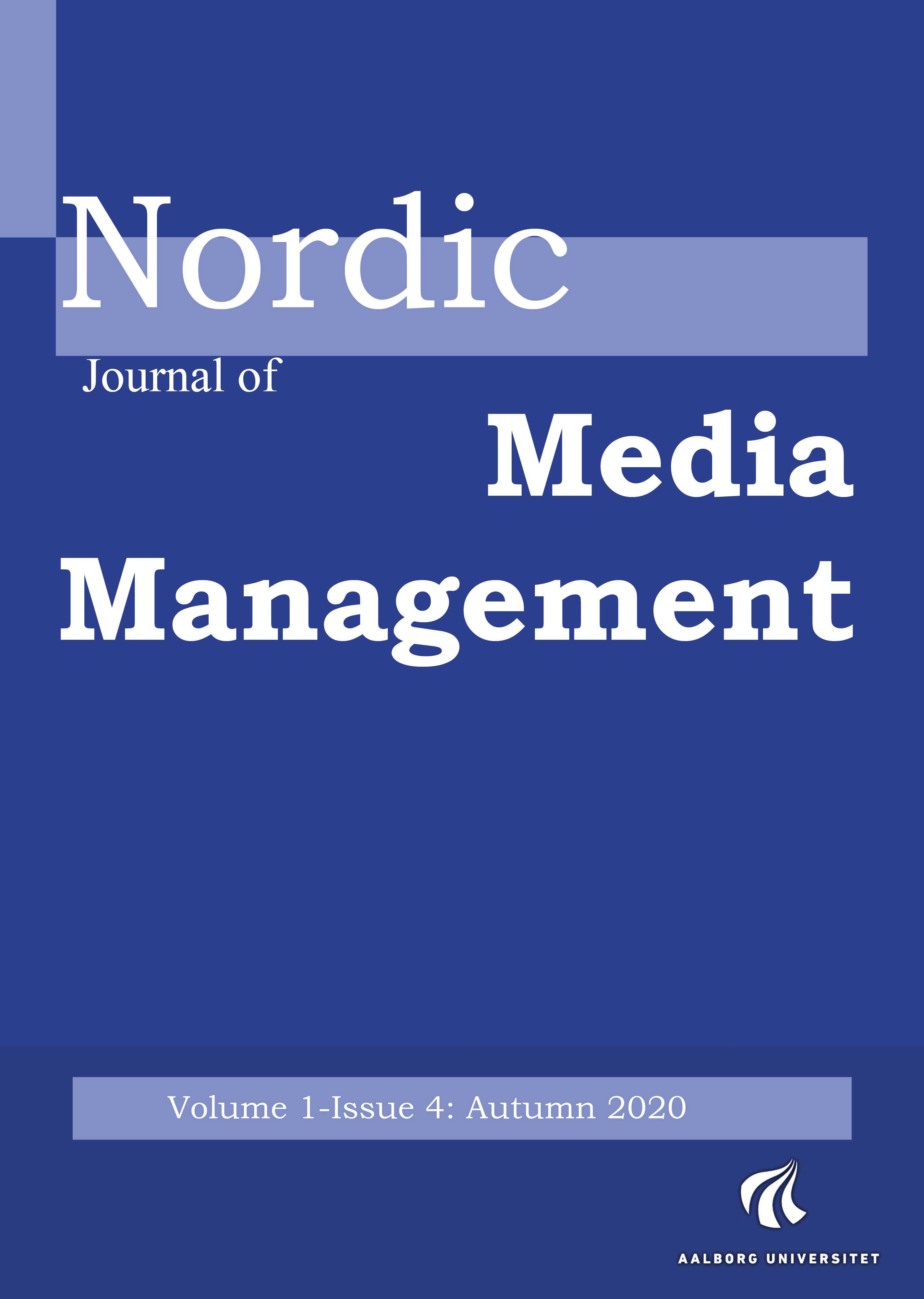
This article published the peer-reviewed Nordic Journal of Media Management asserts that new, extremely popular modes of media services have arisen during the past 25 years that need to be critically categorized as different from the Mass Media we have known from the Industrial Era. These aggregational, extremely customized, new genus of media services, which …
Read More “Read about ‘Individuated Media’ in the Nordic Journal of Media Management”

Consider the predicament Christian monks working in their scriptoria faced in middle of the 15th Century from Johannes Gutenberg’s invention of the moveable-type printing press. It will illuminate the challenge the publisher and broadcasters of Mass Media faced today. Their scriptoria’s hallowed output and centuries-old business models were made obsolete over the course of generation …
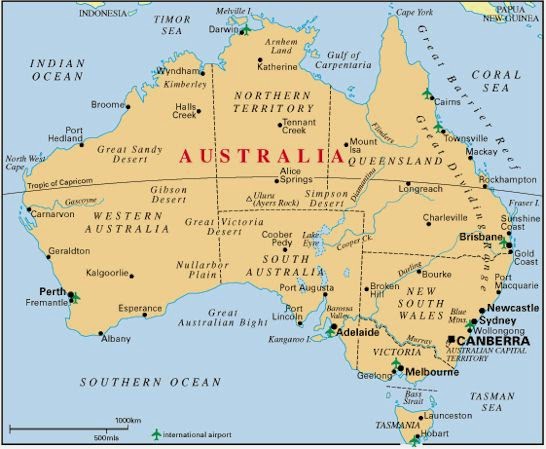
Should companies such as Google and Facebook be forced to compensate publishers and broadcasters for linking? Also, does Facebook censor conservatives? And congratulations to the International Fact-Checkers Network on its Nobel Peace Prize nomination!

As the Industrial Era wanes and the Informational Era dawns, the focus of my consulting and career has changed from Mass Media to Individuated Media. If you don’t know what the latter are, read this.
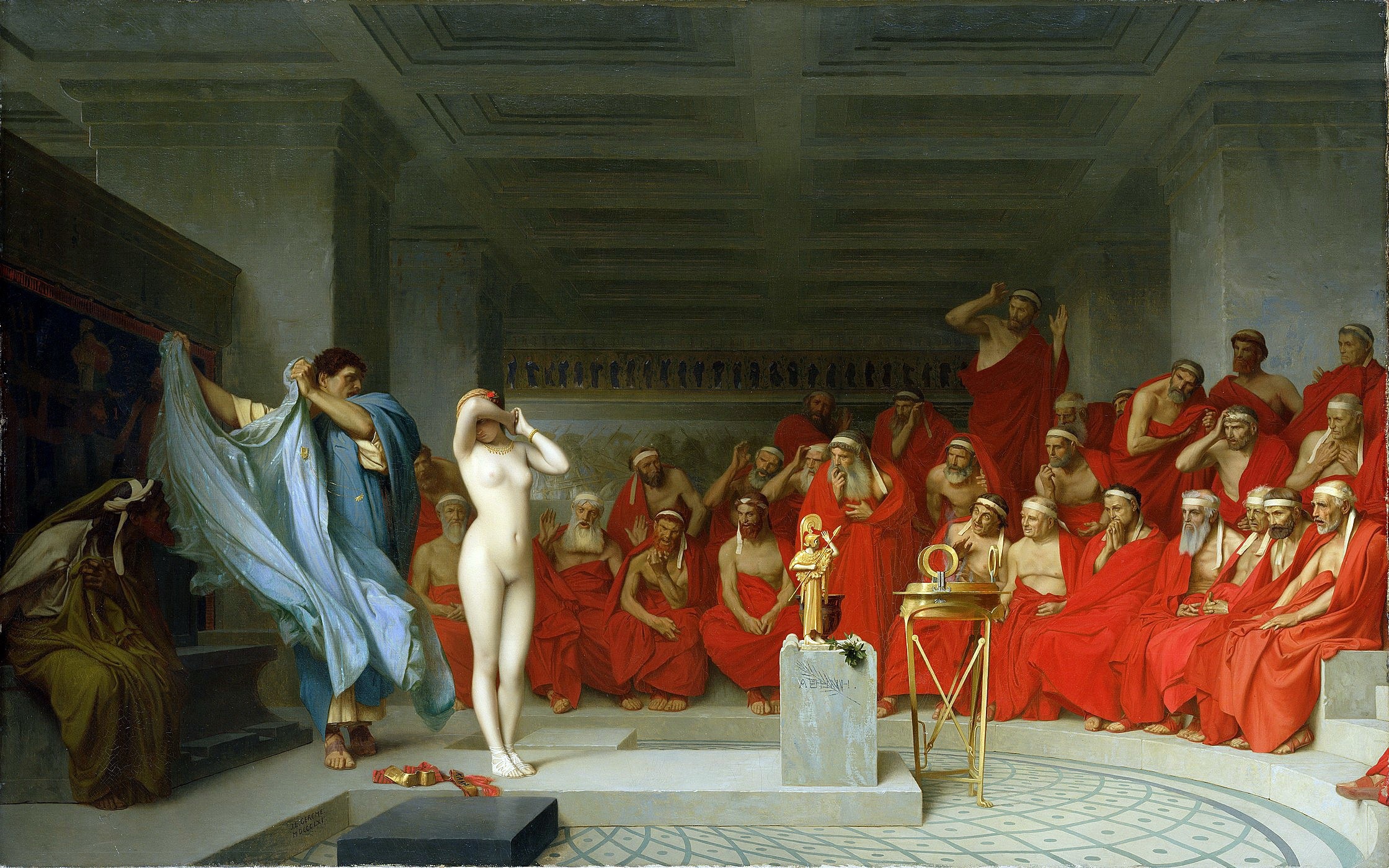
The world’s media industries are more than a decade overdue to face, acknowledge, and act upon these nine bare facts about the epochal transformation of the media environment as the Industrial Era ends and the Information Era begins..
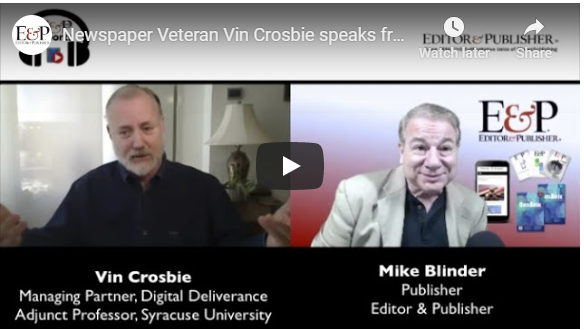
The U.S. newspaper industry’s trade journal interviews Vin Crosbie about that industry’s bright past and dim future.
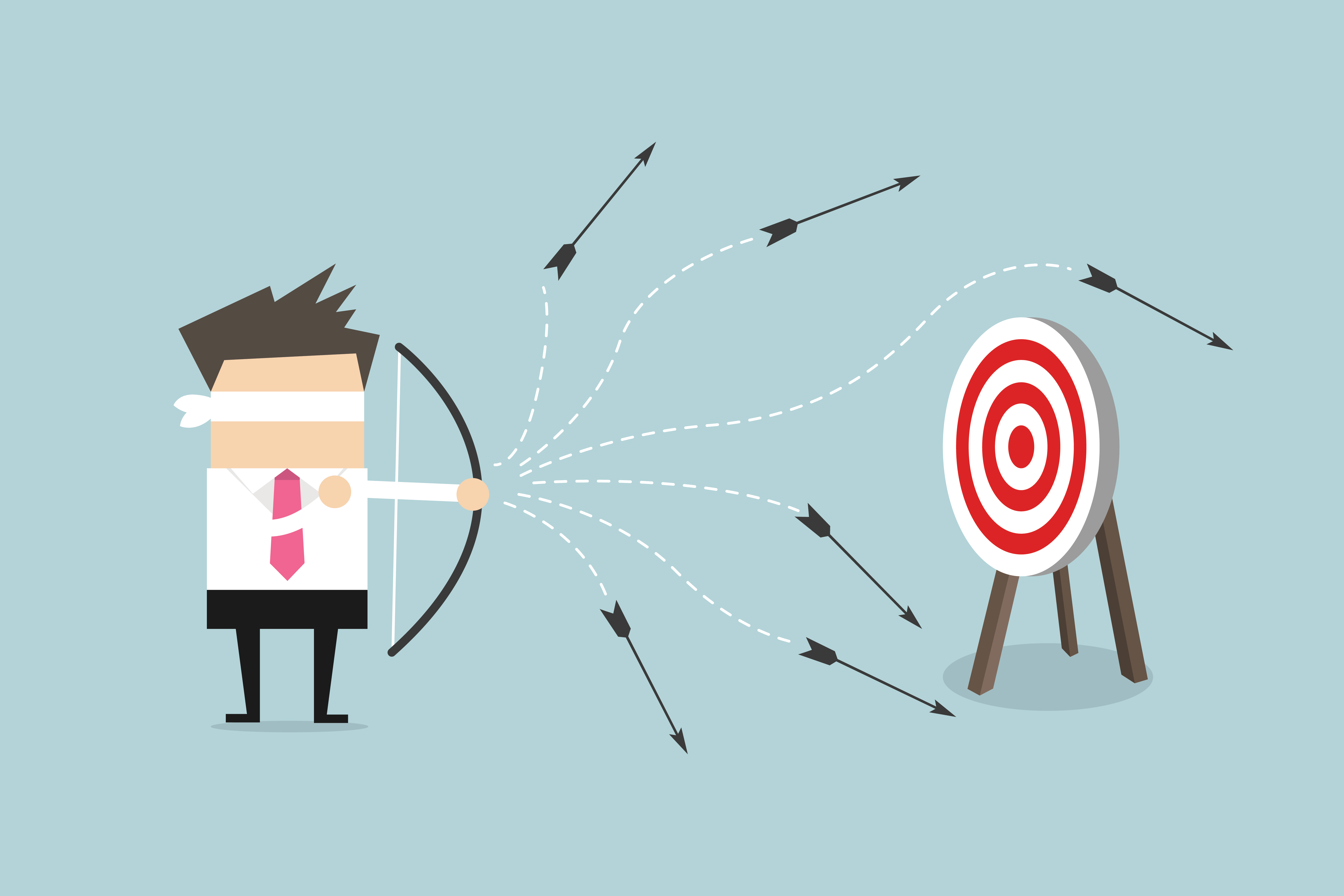
Computer mediation means mediation, not simply electronic delivery. It means sorting and processing information on massive scales, which is what computerized technologies do best. They can sort, process, and deliver an individualized (i..e, individuated) supply of news to fit each individual consumer’s unique mix of needs, interests, and tastes. Computer-mediated technologies do this algorithmically. Computer-mediation is the hallmark of the dawning Informational Era. It makes no sense for legacy media industries not to embrace, adopt, and utilize these historically newfound capabilities. To use computer-media technologies merely as a means of electronic delivery is akin to using horses to pull an automobile along a paved road: a myopic misuse of capabilities.
Any technologies that can supply a consumer with the most precise mix of stories that match his own individual needs, interests, beliefs, and tastes, will triumph over technologies less precise. That is the reason why Google and other information search engines, why Facebook and other social media services, and why topical or ‘niche’ services that offer individuated feeds of music or other genres of information, have become so explosively successful during the past 20 years. Although they were not initial designed to provide consumers with individuated feeds of news, their computer-mediated algorithmic software can do so, as literally billions of consumers have discovered. This is why consumers now use such computer-mediated Individuated Media services as their predominant means by which they obtain news, entertainment, and other information, to the grave distress of legacy media industries that failed to adopt such technologies. That is how daily newspapers lost the future.

The financial disaster unforlding for the daily ewspaper industries due to the coronavirus pandemic is a late-stage event in an even greater struggle that has been underway in the media environment for more than 25 years. As the Industrial Era wanes and the Informational Era dawns, the predominant means by which most people under age 40 in developed countries obtain news, entertainment, and other information is now via Individuated Media rather than Mass. Click the headline to read this essay to find out what Individuated Media are and why they are supersededing Mass Media.
Among the world’s many companies that are working towards Individuation of news feeds is Canopy, which was recently acquired by Cable News Network (CNN) . Founded in 2018, Canopy’s launched an iPhone app called Tonic, which is now reportedly being wound down. we speculate that CNN will utilize Canopy’s technologies to make CNN the sole content provider and will aim to launch a customized news feed for CNN.com’s users.
As Dr. Richard Fletcher, of Oxford University’s Reuters Institute for the Study of Journalism, explains, an ‘echo chamber’ can results when an online user self-selects the websites from which he gets news. However, a ‘filter bubble’ can result when instead an algorithm makes those selections for him: guessing via either programming, ‘machine learning’ artificial intelligence, or a combination of those, what his needs, interests, and tastes are. I think that subtle difference become ever more crucial as the background power (i.e., Moore’s Law) of computing becomes ever more advanced. The user himself is certainly more likely to know his own needs, interests, and tastes, better than any current algorithm can. However, his own self-selections will be more likely to create an ‘echo chamber’ around him. However, algorithmic systems, if they advance at the pace of Moore’s Law (and certainly with the advent of quantum computing) should within the new decade match or even exceed his own capability to match and delivery a mix contents to his needs, interests, and tastes [click the headline to read more]
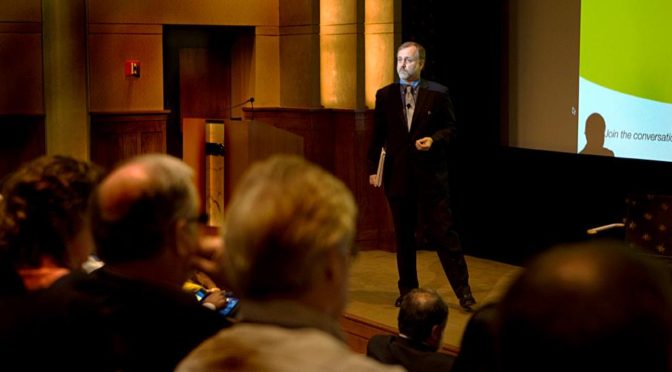
Although I’m scheduled in late August to start my eleventh consecutive academic year teaching New Media Business, a required course which I wrote and for which I am the sole instructor in the S.I. Newhouse School of Public Communication’s master’s degree in New Media Management curriculum at Syracuse University, I’m seeking either a supplemental or …

At the turn of the millennia, Digital Deliverance LLC began publishing a paid-subscription printed newsletter (the recession later killed it). In retrospect, we can state it used a media business model of the waning Industrial Era to provide advice about the media business models of dawning Industrial Era. In other words, ‘this advice is …

The Rise of Individuated Media Vin Crosbie S. I. Newhouse School of Public Communications Syracuse University Syracuse, New York, U.S.A. [An Adobe Acrobat (PDF) version of this paper is available at Individuated.Guru] Author Note: Paper presented at the Rethinking Theories and Concepts of Mediated Communications conference, September 13-14, 2018, Barcelona, Spain. Abstract This paper is a conceptual framework …
<em>The Atlantic</em> monthly magazine <a href=”https://www.theatlantic.com/technology/archive/2018/05/touchtunes-digital-jukebox/559784/” target=”_blank” rel=”noopener”>reports how</a> a music individuation app called TouchTunes means the music a person oat a ‘dive bar’ is no longer the same music any other patron at that bar simultaneously hears. “An app, however, unlike a traditional jukebox, introduces a tension between the cooperative end result and an …

Perhaps I’m the only dissident among the approximately 250 media scholar attending the World Media Economics and Management Conference held this week in Cape Town, South Africa? The chosen theme of the conference is ‘In the Age of Tech Giants: Collaboration or Co-opetition?’ Their specifics: “The intervention in the market of global technological giants such …
Read More “My Dissent at the 2018 World Media Economics and Management Conference”
Here is a quick, anecdotal example of the difference in legal rights between Mass Media and Individuated Media. I am an American who lives within sight of the building in which ‘Saturday Night Live’ is filmed. I would have like to see this short video clip from that program. However, I’m today in the Republic of …
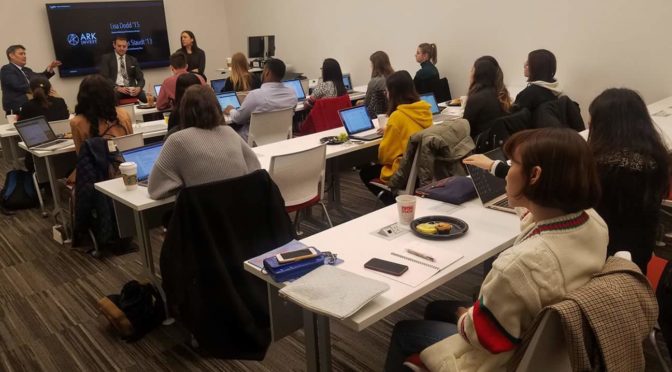
This week I’m in New York City sitting-in on a 39-hour (nearly non-stop for five-business days) course in which 18 alumni of my New Media Management master’s degree program at Syracuse University will teach 18 of my current students in the program. The 18 instructors this year from among the program’s more than 200 alumni: …
Read More “18 New Media Management Alumni Instructing 18 Students”

In 1993, after two decades working for newspapers’ print editions and for two of the world’s major international news services, I switched the focus of my career to working full-time on journalism’s transition from print and terrestrial or cable and satellite broadcasting to online. As would be for anybody working in a relatively new field, …

Previous webpage: The Prism and New Media Chromodynamics The ‘Greens’ — A New Gravity When people’s access and choices of news, entertainment, and other information switches from relative scarcity to surplus, each person naturally gravitates to whatever mix of items from the entire surplus, no matter what the mix of providers and methods of access, best …
Read More “New Media Chromodynamics – Part 1: Human Nature Augmented by Technology”

Previous webpage: The Spectrum of Change The ideal prism with which to refract and examine the entire spectrum of change underway in the media environment, now that people’s access and choices of news, entertainment, and other information has changed from relative scarcity to surplus, is inescapably the Principle of Supply & Demand. Too many people …

Previous webpage: Maelstrom as the Flow Changes “I wasalmost a sorry witness of such doings, knowing that a little theory and calculation would have saved him ninety per cent of his labor.” — Nikolai Tesla about Thomas Edison’s exhaustive experimentations. Access and choices of news, entertainment, and information for the majority of the world’s population …

Previous webpage: Personalization, Customization, Individuation, and New Media. A spectacularly obvious but remarkably little noticed aspect of the epochal change underway in the media environment is a reversal of the locus where contents are consumed. By locus or loci, I don’t mean what prosaic place, such as an in an armchair or on a computer screen …

Previous webpage: Social Media and Early Platforms for Individuation. Many media executives and media academicians inadvertently conflate the differences between the terms personalization, customization, and individuation. The terms differ in meaning. Here is a primer about correct usage: Personalization is a form of address or motif. Let’s imagine that your first name is John. You receive …
Read More “Personalization, Customization, Individuation, and New Media”
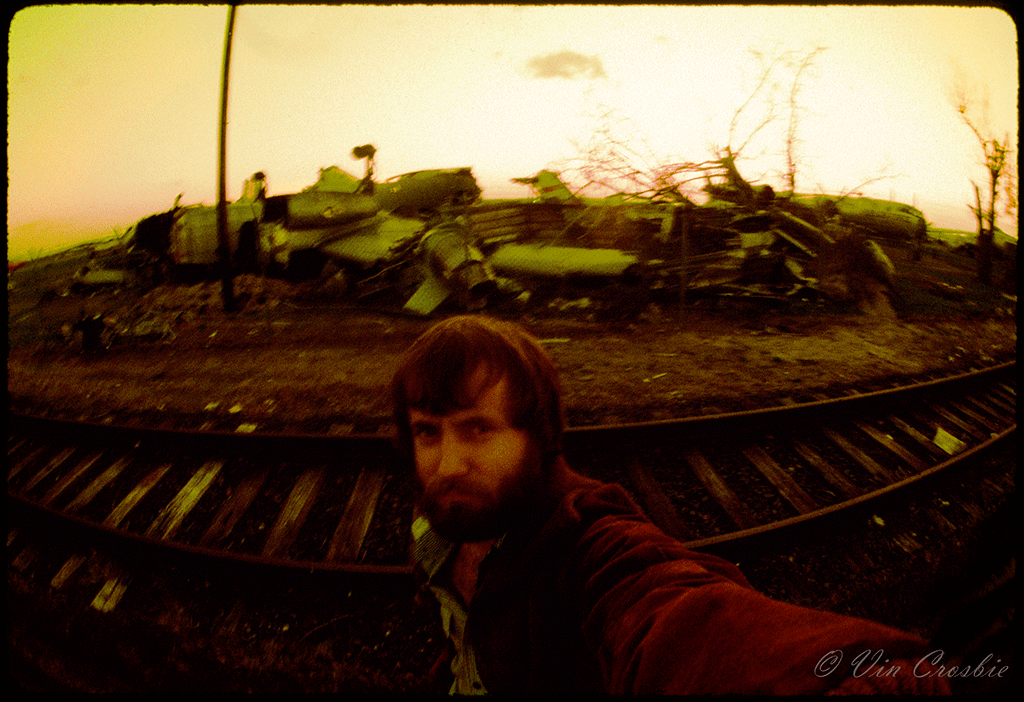
Previous webpage: The Malestrom as Flow Reverses Much like how marketers affixed unnecessary decimal points to the terms Web 1 and Web 2, they’ve begun to misuse the term Web 3. Some term Web 3 (or ‘Web 3.0’) to be anything they happen to be doing, attempts to cloak themselves somehow in an aura of cutting-edge …

Previous webpage: The Rise of Search Engines Heralds Individuated Media Since the new millennium began, billions of people have discovered a more practical way to obtain a customized supply of news, entertainment, and other information than manually using search engines or revisiting numerous favorite or ‘bookmarked’ websites to see if anything there is new. They discovered …
Read More “Social Media and Other Early Platforms for Individuation”

Previous webpage: The Significance of Web 1 (‘Web.1.0’) and Web 2 (‘Web 2.0’) Why did more than three billion people begin routinely using the Web when they were already being served news, entertainment, and other information by the publications and broadcasts of Mass Media? It’s a question virtually never asked in schools that teach Mass …
Read More “The Rise of Search Engines Heralds Individuated Media”
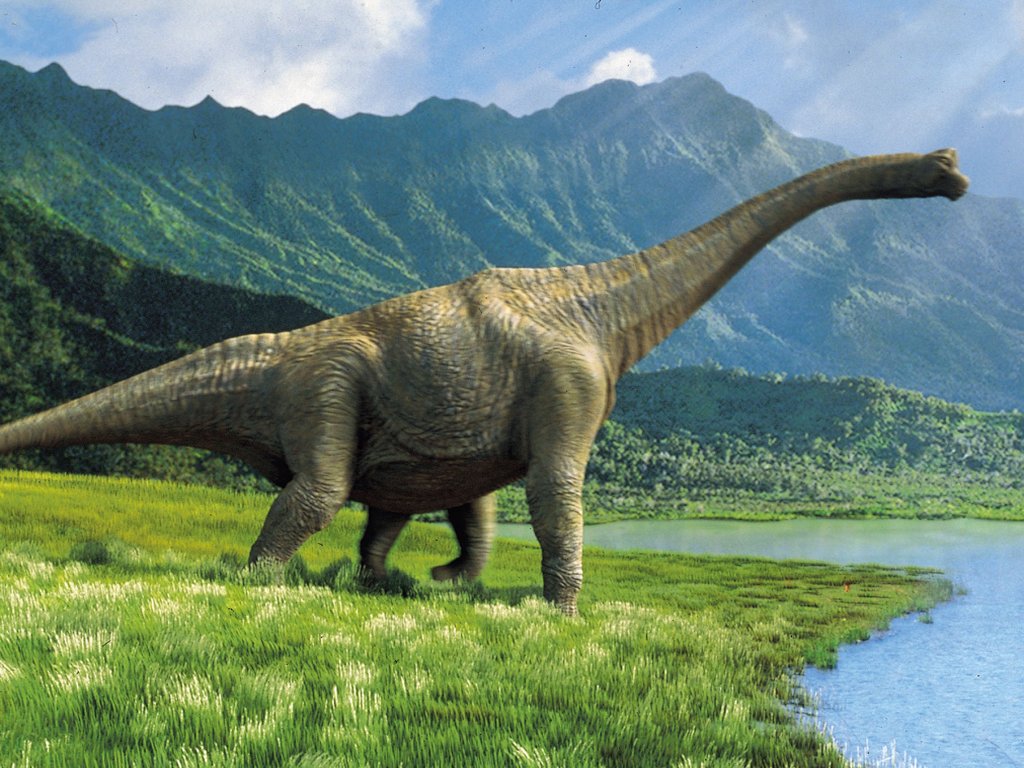
Previous webpage: Some Corollaries of the Interactions of Moore’s, Cooper’s, and Butters’ Laws As Moore’s, Cooper’s, and Butters’ laws exponentially increased the power of computer chips and the bandwidth of the fiber optic lines and wireless signals connecting those chips, billions of people who used those personal computers extraordinarily quickly by historical measurements gained access to …
Read More “The Significance of Web 1 (‘Web.1.0’) and Web 2 (‘Web 2.0’)”

Previous webpage: When Moore’s, Cooper’s, and Butters’ Laws Interact on Media Here are some corollary effects resulting from observable dynamics of Moore’s, Cooper’s, and Butters’ laws. These go beyond the computer and telecommunications industries from which those dynamics directly stem and beyond the media industries which are the subject of this particularly work you’re reading, and …
Read More “Corollaries of Moore’s, Cooper’s, and Butters’ Laws Interactions”
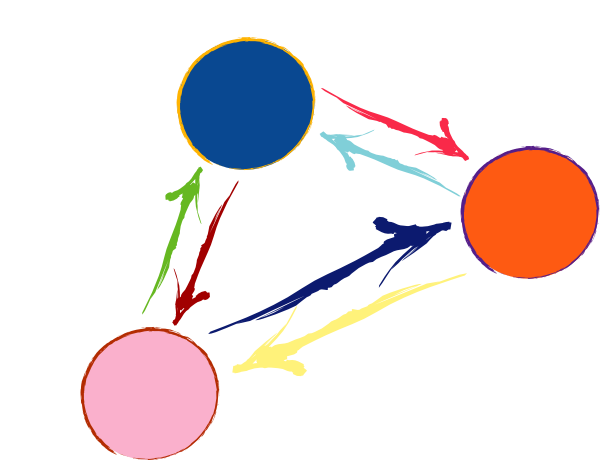
Previous webpage: Butters’ Law Acting on Media Alone, neither Moore’s Law nor Cooper’s Law nor Butter’s Law would have led to the world we know today and the one we will know in the future. During the past 50 years, Moore’s Law, without the bandwidths of fiber optic doubling approximately every nine months and of wireless …
Read More “When Moore’s, Cooper’s, and Butters’ Laws Interact on Media”

Previous webpage: Cooper’s Law Acting on Media We don’t live in a ‘wired’ world, but a ‘fibered’ world. Wired communications is obsolete. Metallic wires could never have sustained the phenomenal growth of the Internet and of the global telecommunications networks in general. The world’s capacity to use telephones and networked computers would have expired and collapsed more …

Previous webpage: The Greatest Change in the History of Media Let’s be frank about the media industries. Most of its executives don’t care a hoot about exactly what is causing the tumultuous changes in their business environment. What they want, almost regardless of the problems, are solutions that can propel their careers and businesses into profits. …

My reputation as a New Media consultant to the news industry, including my appointment since 2007 to teach postgraduate New Media Business at Syracuse’s Newhouse School, largely result from work I did long ago. For ten years beginning in 1993, I helped guide the strategies of major news organizations’ websites and their other online services. …
Read More “The First Innovative Thing I’ve Posted in Seven Years”